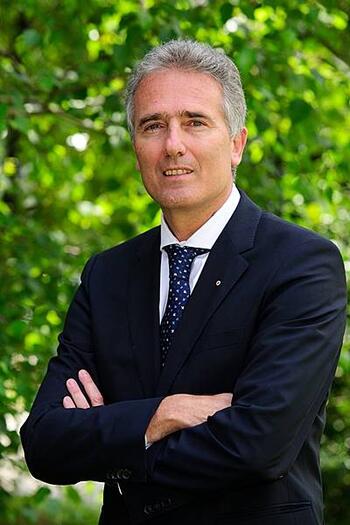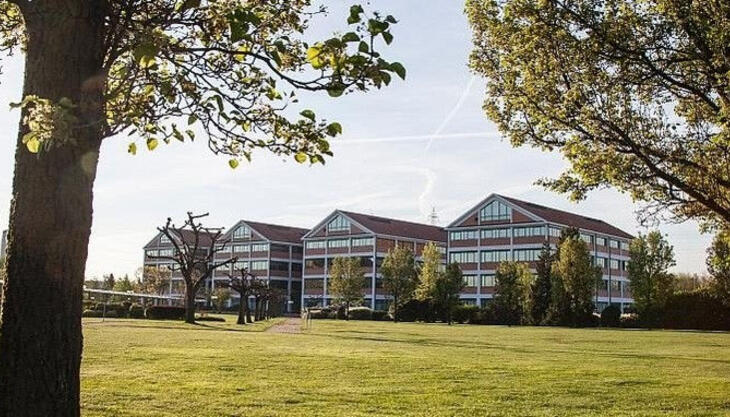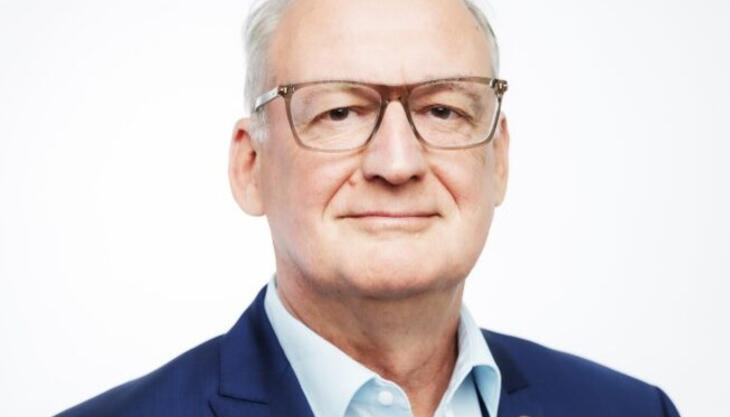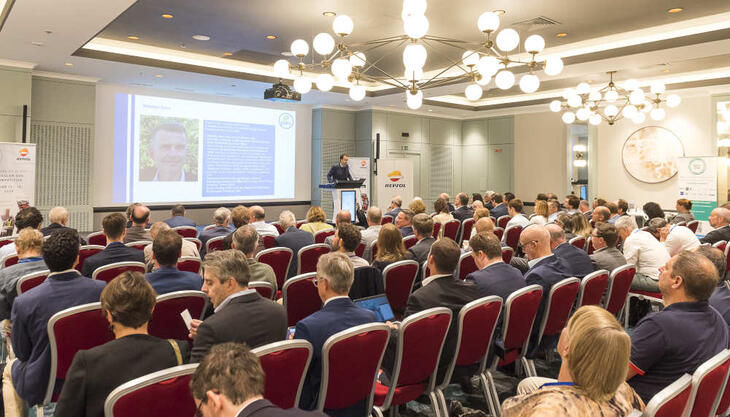Luigi Galdabini elected for a period of two years

During its meeting held on December 3 in Brussels, the Cecimo general assembly elected Luigi Galdabini as president of Cecimo (the European association of the machine tool industries) for a period of two years. Succeeding in this role Jean-Camille Uring, executive board member of Fives and president of Symop, Galdabini has been entrusted with the responsibility of leading the European association that represents 39% of the world machine tool production.
During his Presidency, Uring stressed that investments in modern manufacturing equipment and technology are key to improve productivity, efficiency and resource use. The adoption of advanced manufacturing technologies is essential to accelerate the shift of European industries towards smart, digitalized, inter-connected production. Uring underlined that higher amounts of direct equity and loan guarantees should be provided to SMEs, to help them overcome the capital shortages putting a brake to productive capital investments. He also called for adequate financing to help reinforce the infrastructure for research and innovation in advanced manufacturing technologies. He has also emphasized that substantial investment in education and training is needed to close the growing skills gap and help the existing workforce adapt to technological change.
Cecimo president Galdabini says: “The European machine tool sector moves towards the adoption of disruptive technologies such as intelligent production and additive manufacturing. The sector is accelerating the integration of new technologies like big data and industrial internet into its equipment and services, laying the foundations of the future’s intelligent and connected factories. This evolution is reflected in Cecimo’s activities”. Cecimo urges the EU policy-makers to shape supportive framework conditions for the digitalisation of industry and for the development of additive manufacturing technologies to increase the competitiveness of the European industry as a whole.
These new industrial trends and technologies change the rules of global competition. The digitalisation of manufacturing and the penetration of disruptive technologies into the industrial base lead to significant productivity and efficiency gains. Breakthrough production techniques stretch the limits of product design and innovation whilst providing solutions to societal challenges. Moreover, the mass-customisation trend opens the way to the re-industrialisation of Europe. Against this background, Europe has to move faster than its competitors to tap into opportunities in advanced manufacturing
According to Galdabini, it is clear that innovation is and will be the motor of growth for the machine tool industry, and the lack of investment in manufacturing is its most important obstacle. The EU decision makers must use the European Fund for Strategic Investments to finance support programmes helping to accelerate “technology transfer” whilst tackling the underinvestment problem.
“Europe does not have the luxury to lag behind its competitors in disruptive technologies, like additive manufacturing, which transform the economy,” adds Galdabini. “We have to aim for global leadership. We hope that the new EU industrial policy roadmap and the digital single market strategy, for example, will give the necessary attention to additive manufacturing.”
A close cooperation between actors in multidisciplinary fields is especially important today, where ‘technology integration’ is the rule. As the innovation cycle for new technologies get shorter, innovation cooperation across the value chain and disciplines become an important factor influencing the speed of technology development and its diffusion.
Galdabini concludes: “I will make sure that manufacturing and re-industrialisation remain on top of economic policy priorities in the EU. We need a growth-friendly business environment for the European machine tool industry worldwide”.

















